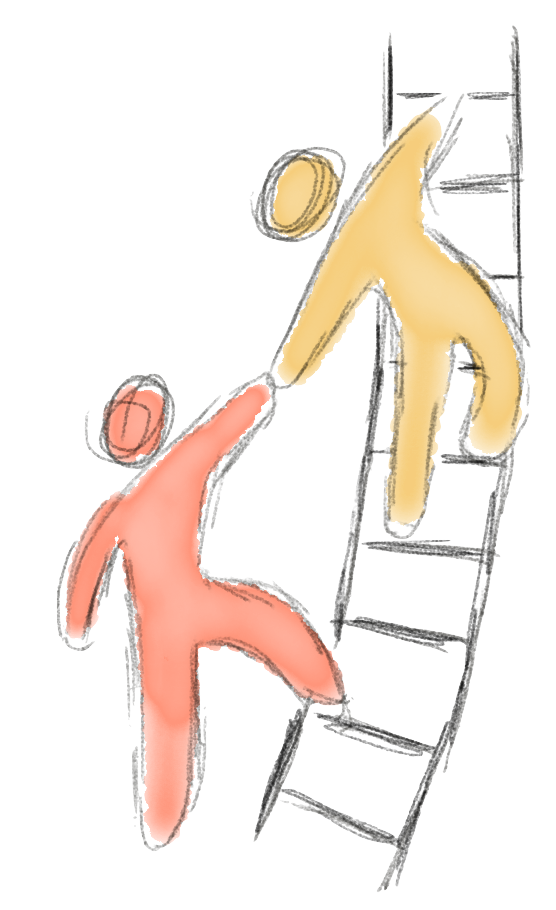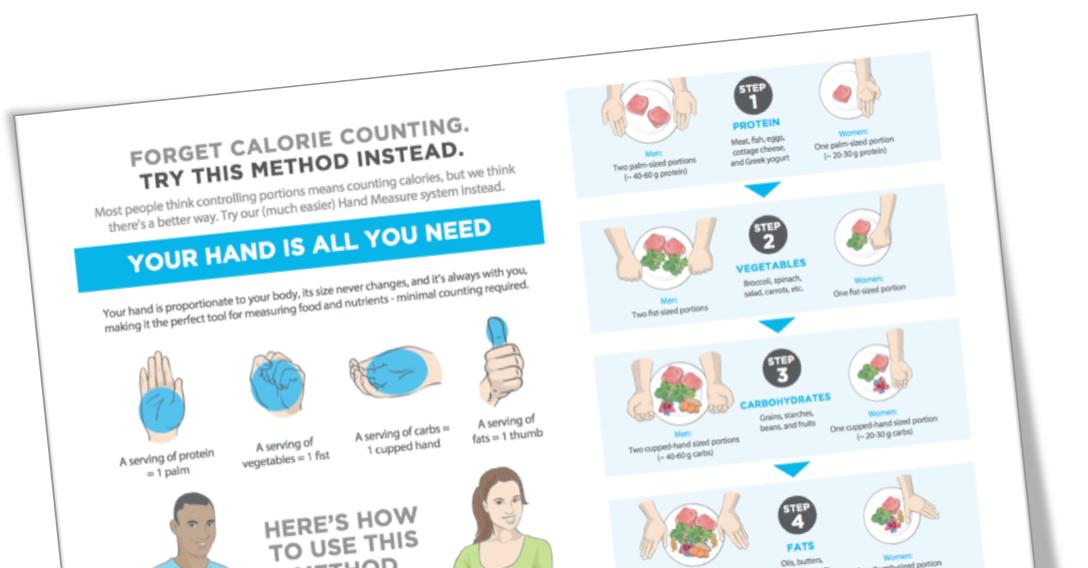How to Overcome Emotional Eating
by Kern Kapoor

Eating the right foods, consistently over time, is hard work.
(Like….much harder than we think it to be)
Especially if you are an emotional eater.
This article will give you an insight on what actually leads to emotional eating episodes. And how to address the root cause of the issue.
The Neuroscience
Our brain is a complex structure that carries out many different functions.
Talking simplistically, your brain can be separated into two parts:
The emotional side.
And the rational side.
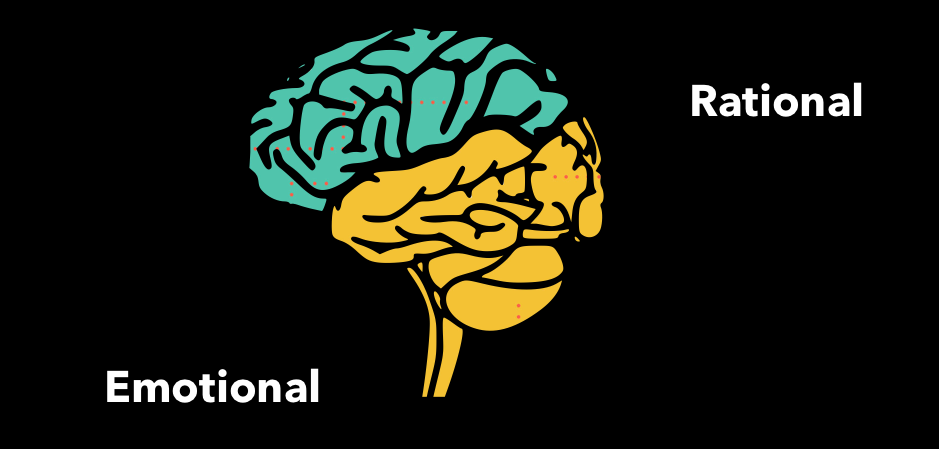
With the latest discoveries in brain science, we’re starting to understand how these parts of our brain have actually developed differently over time.
Our emotional part of the brain is linked to the limbic system, which started developing 300 million years ago.
Our rational part of the brain is linked to the neocortex. Which is a much newer part of the brain and started developing 200 million years ago.
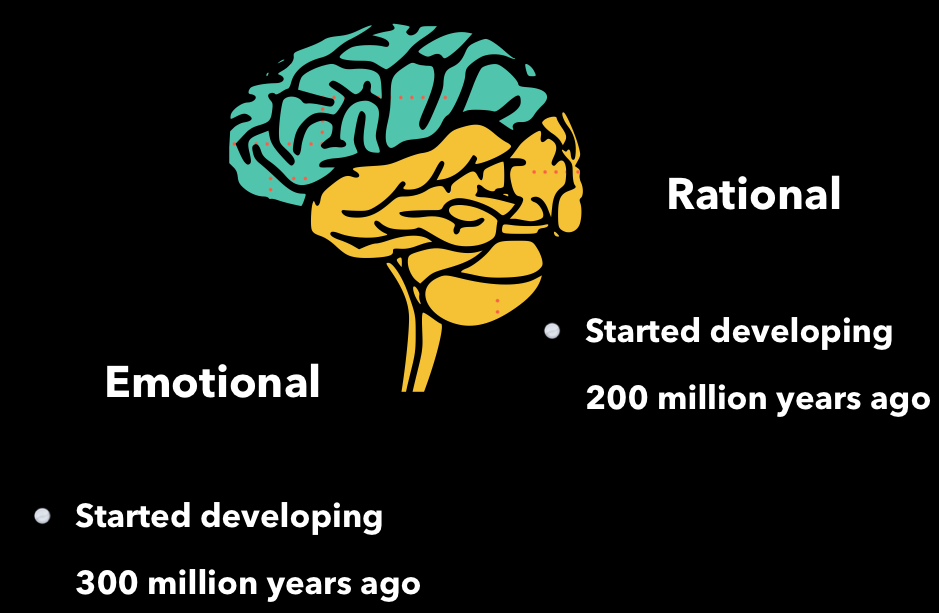
What this means?
Evolutionary speaking, our emotional brain is much more developed than our rational mind.
And the majority of our thoughts, behaviours, feelings and actions are driven by our emotional brain (No matter how rational we think we are!).
It is important to recognise these differences because both our rational mind and emotional mind work differently.
Stop rationalising
If you ever want to frustrate yourself, try getting your rational mind to talk to your emotional mind.
It doesn’t work.
How many times have you rationalised that you need to start eating healthy?
Only to end up falling to your old habits within weeks if not days.
Trying to rationalise our irrational behaviour is almost a recipe for disaster.
Instead, it is important to play to our strengths.
Playing to our strengths
Our rational mind is really good at analysing, observing and future planning.
Our emotional mind is really good making impulsive decisions in the moment.
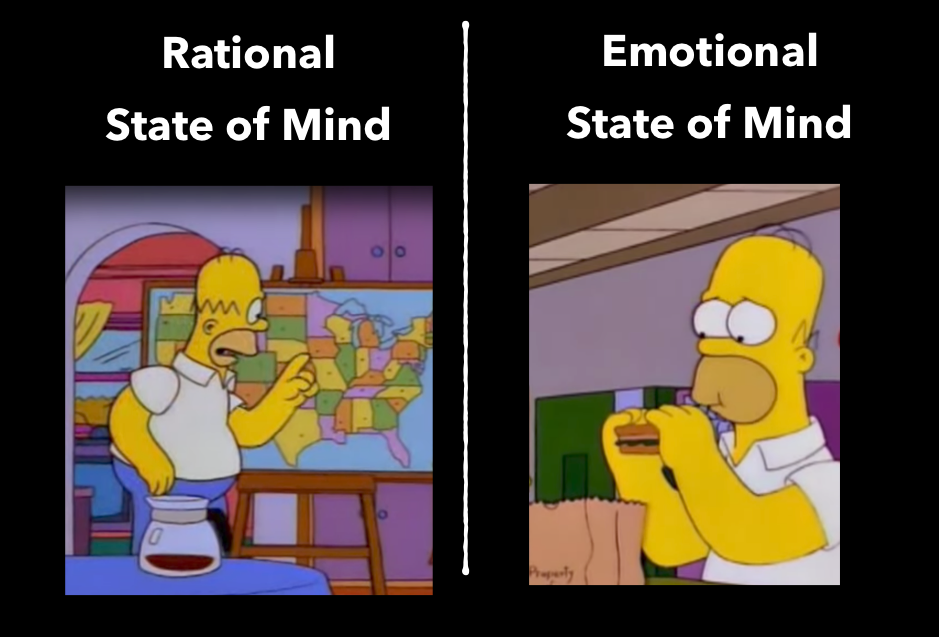
Break the Chain
In our coaching program, one of the tools I use with my clients is that of “Break the Chain.”
You simply notice, observe and record what happened leading up to any food cravings, emotional eating, overeating or any other time you “feel out of control” with food and eating.
Because here’s the thing:
Those feelings and behaviours didn’t come out of nowhere. They are not random. There is a whole sequence of events that lead to them.
For example:
- You might be stressed on Monday, then eat more on Tuesday.
- You might skip breakfast, then nosh at night.
- You might have a few drinks with friends, then think, “Hey! Let’s order takeout!”
The food didn’t magically appear in front of you.
Whatever leads you to overeat, it’s not mysterious.
You just have to work backward along the chain and figure out what links are connected.
It’s hard to stop overeating once you start. Because your emotional mind is activated.
It’s a lot easier to prevent it in the first place by addressing the problems farther up the chain. This is where you can use your rational mind. To break those links.
Fine Details
1. Use the awareness exercise above for any recent eating-related episode that troubled you.
(i.e. eating out with friends, weekend overeating, midnight snacking, etc.)
2. Write down all the stuff that was happening around you just before that episode happened.
- Where were you?
- What were you doing?
- What were you thinking?
- What were you feeling?
- Who was with you?
3. See if you back a few hours before the episode now.
- Where were you?
- What were you doing?
- What were you thinking?
- What were you feeling?
- Who was with you?
4. Look back at your data and notice any patterns. Don’t be judgmental about this as this will lead to resistance from your emotional mind. Simply be curious about the patterns you find.
“Hm, that’s interesting. Every time my mom calls me, I feel like eating chocolate.”
5. Come up with a plan of action. You may come up with one straight away. Or it may be an iterative process. Either way, that’s OK.
“OK, I’m going to go for a workout after I talk to mom, to get some energy out.”
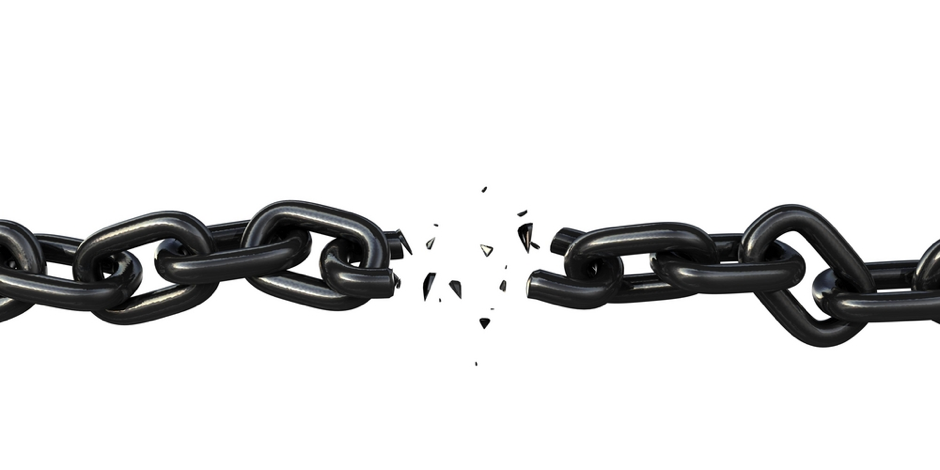
Why this works
Our behaviours may seem “spur-of-the-moment”.
But they’re actually based on what we do, think, feel and experience long beforehand.
Overeating is just the last link in a long chain. If you can break the earlier links, you have a much better chance of never getting to the last link.
This exercise helps you become more aware of what your eating episodes have in common.
Maybe it’s a time of day, or a situation, or a type of food, or another person (or being alone), or a feeling—or all of these.
Where to from here
The “Break the Chain” tool is one of the 26 skills that our clients develop over the Body Knows Best coaching program.
If you’d like support and accountability to implement these skills, check out our coaching program. Our clients have become transformed versions of themselves.
Both from outside and within.
If you’re looking for additional resources, we have also created short FREE guide to kick-start your body transformation journey (you can find it at the bottom of page).
Keep in touch,
Kern

The 2-min Meal Plan Cheatsheet.
Learn how to plan your meals without counting calories.

